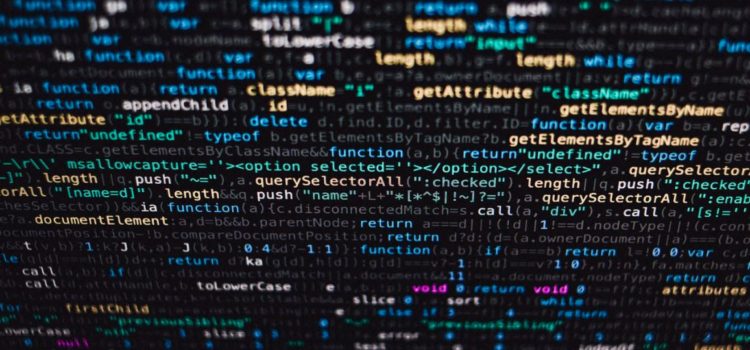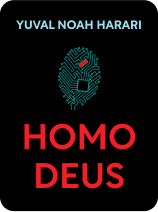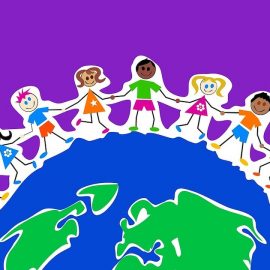

This article is an excerpt from the Shortform book guide to "Homo Deus" by Yuval Noah Harari. Shortform has the world's best summaries and analyses of books you should be reading.
Like this article? Sign up for a free trial here .
What is the Internet-of-All-Things? What impact do you think will the emergence of the Internet-of-All-Things have on human experience?
The Internet-of-All-Things is a futuristic concept that describes an all-encompassing internet network that connects everything from electronic devices to physical objects. According to Yuval Noah Harari, in the world of the Internet-of-All-Things, human experiences will only hold value if they contribute to the system.
Keep reading to learn about the concept of the Internet-of-All-Things.
What Is the Internet-of-All-Things?
The“Internet-of-All-Things” is an all-encompassing AI-powered data-processing system that will spread throughout the entirety of the galaxy, if not the universe. According to Yuval Noah Harari, an Israeli public intellectual and a historian, the Internet-of-All-Things will become the pillar of the new religion—Dataism, where the value of everything is determined by its data-processing capabilities. Eventually, humanity would merge with this system, giving themselves over to the all-knowing entity.
Like other religions, Dataism has commandments regarding the “Internet-of-All-Things”:
- Maximize personal data flow. The more connected each individual processor is, the more they can contribute to the overall unit.
- Link everything to the system. Everything from cell phones to stovetops to cows should be connected to the system to ensure the system can regulate the direction of the universe.
- Never disconnect or block the flow of data. The greatest sin of Dataism, disconnecting from the system or blocking the free flow of data would remove power from the “Internet-of-All-Things,” threatening its omnipotence.
Human Experience in the New Fully Connected Era
As the “Internet-of-All-Things” begins to take shape, the source of meaning and authority has started to shift from the individual to the global data-processing system. Because meaning is attached to the all-knowing system, human experiences only hold value if they contribute to that system. Though dogs and people both contribute data, dogs can’t write a blog post or search on Google. This mindset has already started to take hold of modern humanity.
For example, when most people go whale watching, they don’t just see the whales and think about the way that experience is impacting them. They pull out their phones, snap pictures, post the pictures to Instagram, and update their feed to see how people are responding to the photo. The value of their trip becomes linked to the number of people that share, comment, or like their post about the experience, not the experience itself.
As the internet continues to increase in size, humans are turning into small contributors to a massive system that no one fully comprehends. Every phone call, web search, and email contributes data for the internet to consume and process. For example, resources like Wikipedia may be moderated by people, but its wealth of information comes through small, individual contributions.
This constant flow of information has also led to a global economy no one completely understands and a political future no one can predict. However, according to Dataism, that’s completely fine. As long as people continue to contribute data to an interconnected system, the digital system will process the information and guide the future of the world. Essentially, the future is no longer humanity’s to shape.

———End of Preview———
Like what you just read? Read the rest of the world's best book summary and analysis of Yuval Noah Harari's "Homo Deus" at Shortform .
Here's what you'll find in our full Homo Deus summary :
- Why technology is replacing humanist ideals
- How previous generations relied on prayer to deal with serious problems
- How AI and algorithms are going to run the world






